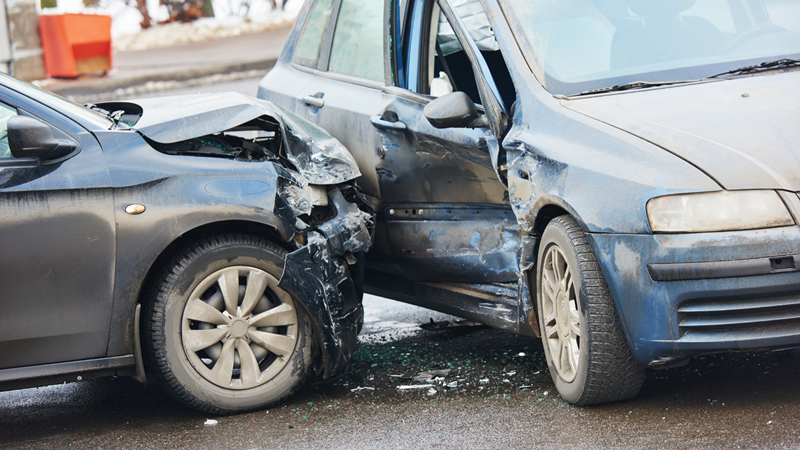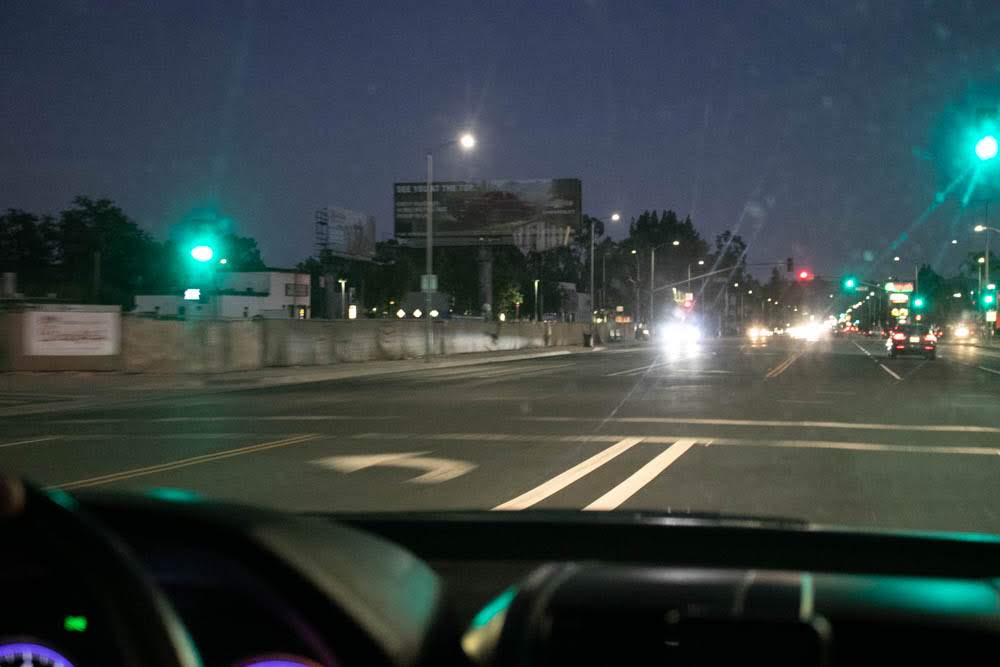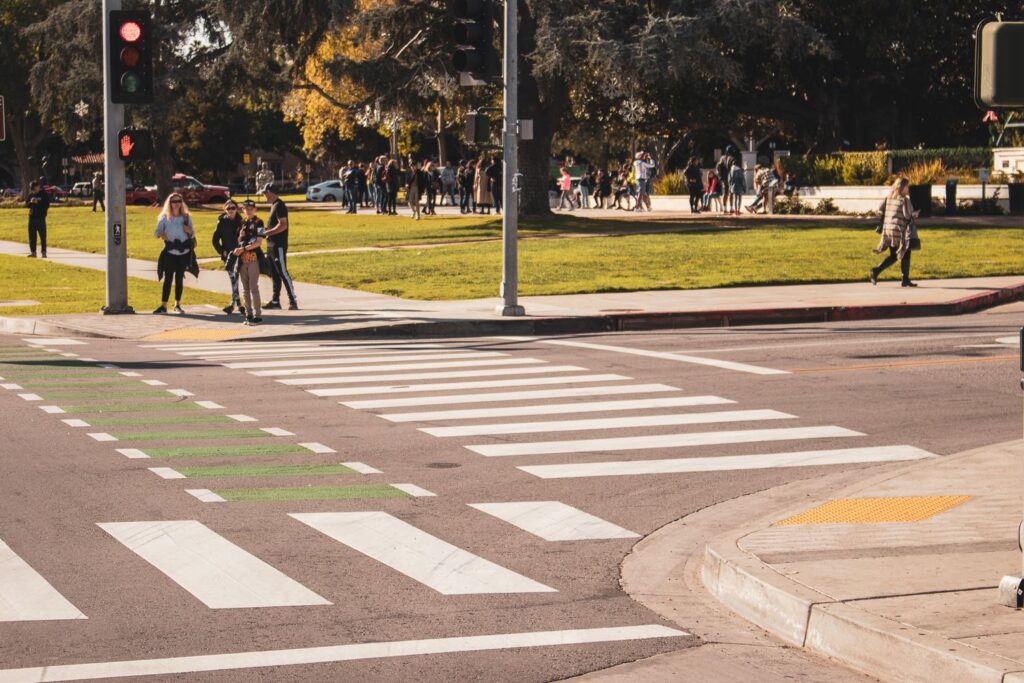You’re asking if you can pursue a wrongful death claim if your loved one was killed in an accident while he or she was trespassing. That’s a challenging question, and it poses some of its own questions as well that might make a difference as we look at the matter.
Was your loved one an adult or a child? That can make a difference. Also, it depends on the nature of the trespassing, the nature of the property, and what if any warning signs and fencing surrounded the property, warning potential trespassers of any potential dangers and asking them to keep out.
The word “trespassing” alone in the question sets off warning bells. The first reaction of the reader might be that this would certainly not be a very strong case, if any case at all. But there are factors that can make it be seen in a very different light.
The Duty of Care of the Property Owner
Any property owner has an obligation to maintain their property in a way that makes it safe for anyone who visits it. This is especially true if it is a place that’s open to the public, such as a restaurant or a store.
However, this obligation to ensure people’s safety varies with the category of people that might visit the premises. Specifically, there are three types of people who might come onto the property, and the obligation of care varies from one category to the other.
The first type of visitor is the invitee. As the name suggests, they have been invited by the owner. This could be a customer in a store. The business owner owes it to his invitees to keep them safe.
The second type of visitor is the licensee, who has permission to be there, but who is there mostly for their own benefit.
The third type of “visitor” is the trespasser, who is on the property without the owner’s permission. The owner can be held liable for injuries to trespassers and licensees if they were recklessly or willfully causing harm.
There are some other considerations in a premises liability suit, including whether there was an attractive nuisance that might have attracted trespassers and could potentially injure them, such as a swimming pool in someone’s backyard. It also makes a difference if the injured party was a child.
Was the Danger Open And Obvious?
Ohio has an “open and obvious” doctrine, which essentially states that if the danger or hazard is open and obvious so that any reasonable person could clearly see it, then the property owner would not be liable. The problem is that things aren’t always as open and obvious as they may seem, and it might be a good idea to have an experienced personal injury lawyer take a look and evaluate the situation.
It may also be more apparent to an average adult whether a danger is open and obvious, but not everyone is average. For example, while the danger would be obvious to the average outdoorsy type who enjoys camping, hiking, and spending time in the wilderness, it would leave the average person whose outdoors activities are limited to crossing the street or the parking lot completely oblivious.
And that doesn’t even address age. A child would likely not recognize any danger that might be obvious to an outdoorsy, savvy adult, or even the average couch potato adult. This means that the “open and obvious” criterion has to be taken with a huge grain of salt, if not an entire salt shaker.
Issues Regarding Trespassing
In Ohio, there are laws against trespassing, and there is even a category called aggravated trespassing, which means entering someone else’s property with the intention of committing a misdemeanor. This is itself a class four misdemeanor and can be punished with up to 30 days in jail and a $250 fine. Depending on the specifics of the case, it can also be a class one misdemeanor with much more severe penalties.
So the fact that trespassing is considered a crime does not bode all that well for the outcome of a suit charging a property owner with the wrongful death of a trespasser. However, that’s not the end of the story.
A Different View of Trespassers
However, Ohio laws that make trespassing a misdemeanor notwithstanding, there is a very different side of the coin. If you look up the Ohio revised code, specifically about duties owed to trespassers, in section 2305.402, you will find that the person who asked about the wrongful death of their trespassing loved one would indeed have a case.
Division B states that the property owner does not owe a duty of care to the trespasser except to “refrain from willful, wanton, or reckless conduct that is likely to cause injury, death…”
Yet it is followed by items that are preceded by “Notwithstanding division B.” These all deal with the obligation of the property owner to be aware of potential dangers to trespassers and that they are liable for any injuries, losses, or death that occur as a result of such dangers on their property.
There is another paragraph that addresses dangers to a child, a parent, guardian, or custodian of the child, The code also refers to an “artificial condition” that may exist on the property and that may attract children and pose a threat to them. It doesn’t specify this further, but any Ohio personal injury lawyer should be able to help you with getting more details.
So if you are dealing with a wrongful death of a trespassing loved one, you should definitely seek out the advice of an experienced personal injury attorney to help you with your case. As stated in the Ohio code, you are indeed likely to have a case, and your attorney will be able to help you get compensated for the loss of your loved one. Call or email us for a free consultation. We’ll be happy to talk with you.






